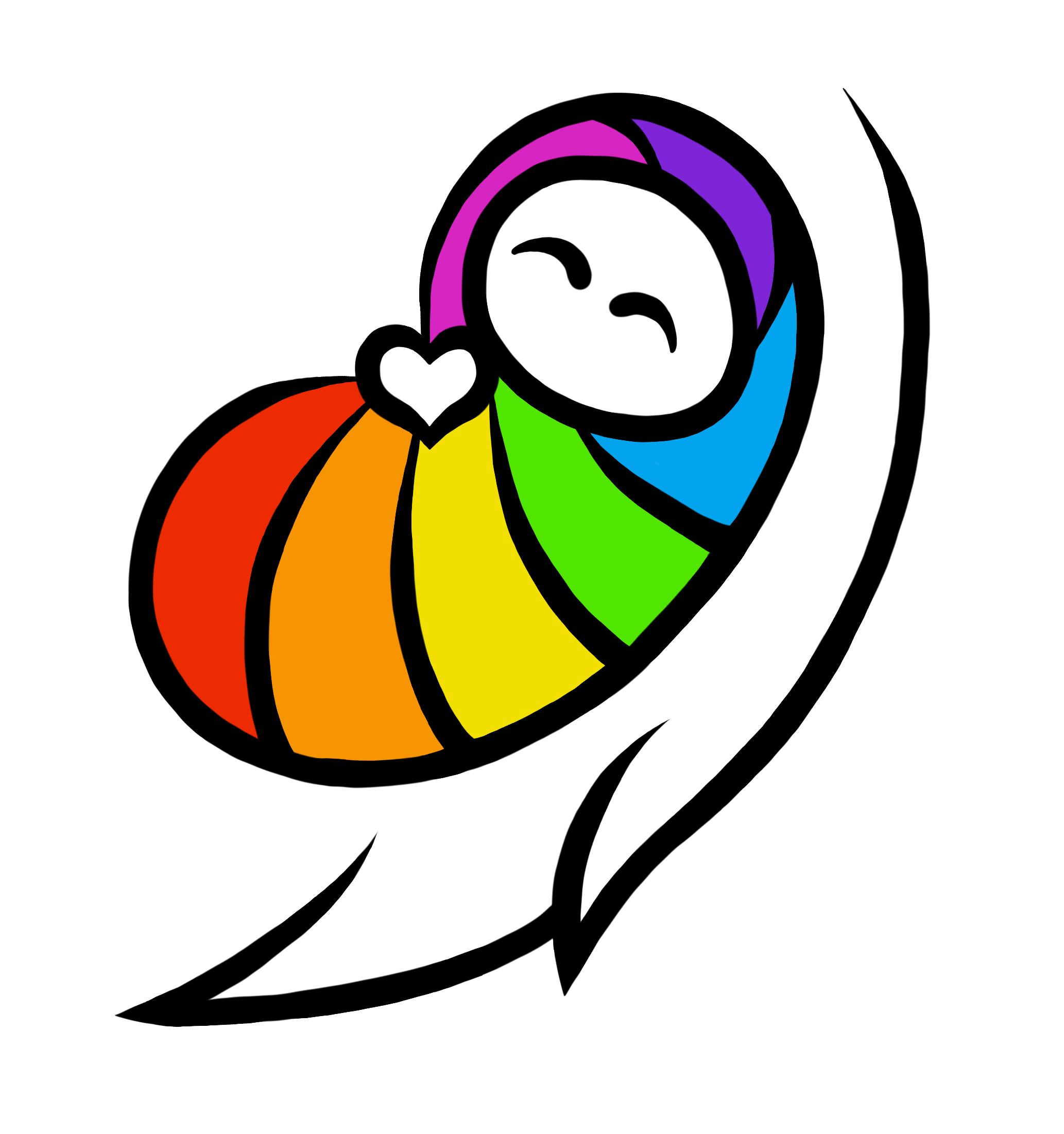The Newborn Hearing Screening Programme is run by the National Screening Unit. It aims to screen all newborn babies for moderate to profound hearing loss within their first three months of life.
If you have a postnatal stay after you have your baby, you may be offered hearing screening during your stay. If you do not have a chance to have hearing screening during your postnatal stay, you will be offered an appointment to visit the hospital or birthing centre and have it done.
Hearing screening can pick up whether your baby has moderate to profound hearing loss, and can help them get access to early intervention if they do, so they can learn to interact with the world around them more easily.
The hearing screening test is done while your baby is very settled or asleep, and causes no discomfort. The screener will place sensors on your baby’s forehead and near their ear, and then play a soft clicking sound through a cushion placed on baby’s ear. The sensors will be able to register whether baby’s ears pick up the sound and whether their brain responds to the sound.
Some babies may need a second test if the results of the first test were not clear. This can be because baby was unsettled, the room was too noisy, or there was some fluid in baby’s ear, as well as possibly because baby has hearing loss. If indicated, the hearing screener will refer you to an audiologist.
If your baby is referred to an audiologist, the audiologist will try and see them by the time they are three months old. This is so that if your baby has hearing loss, support and intervention can begin by the time they are six months old.
